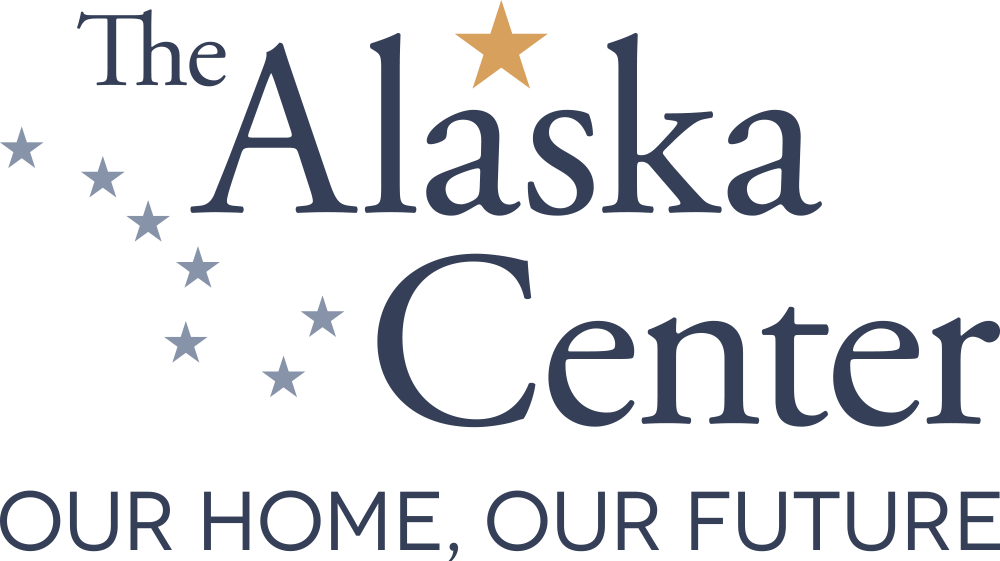SB 152 opens the door to long-term energy savings, good-paying jobs, and a real pathway towards much-needed energy and economic diversity for all Alaskans.
The Power Of Your Vote For Clean Energy
These elections are the most important thing that no one talks about. If you pay an electric bill, you are a member-owner, and you have the right to vote!
Chugach Electric board election brings out nine candidates, sharp opinions
Chugach Electric’s annual board of directors election has attracted a larger field than normal: Nine candidates are vying for three open board seats. With a heavy reliance on natural gas to generate power and a projected Cook Inlet natural gas shortfall looming, those elected to the board will help shape the future of Alaska’s largest electric utility, and Southcentral Alaska, in the …
The Critical Elections Ahead
The stakes have never been higher for Anchorage: We are in the midst of a Mayoral crisis rife with acrimony, discord, and incompetence.
2023 Earth Day Film Screening
Join The Alaska Center and celebrate Earth Day with a screening of Patagonia’s award-winning documentary, DamNation, at The Anchorage Museum.
Solarize Comes to the Northern Valley
The Alaska Center has selected the Talkeetna area to participate in this year’s Solarize program. Solarize is a community-driven nation-wide program with a mission to make solar more accessible and affordable with neighborhood economies of scale. The program is open to all Mat-Su residents, extending from Palmer to Trapper Creek. The Alaska Center handles the bid process and selects installers …
Advancing Equity And Justice
As we celebrate the work of Black, Afro-Latino, and Indigenous leaders in the fight for equity and equality, we have an opportunity to defend democracy.
Climate activists hold rally near the Capitol
Climate activists hold a rally outside the Alaska State Capitol Friday afternoon in advocacy for legislative action to improve Alaska’s renewable energy development and future sustainability.
OPINION: Time to prep your solar garden
We need our leaders to make policy decisions to ensure community solar is possible. It’s time to plant those seeds for community solar this legislative session.
Defending Democracy In 2023
2022 was our first year using ranked-choice voting (RCV) and open primaries, which Alaskans voted to implement by ballot measure in 2020.
